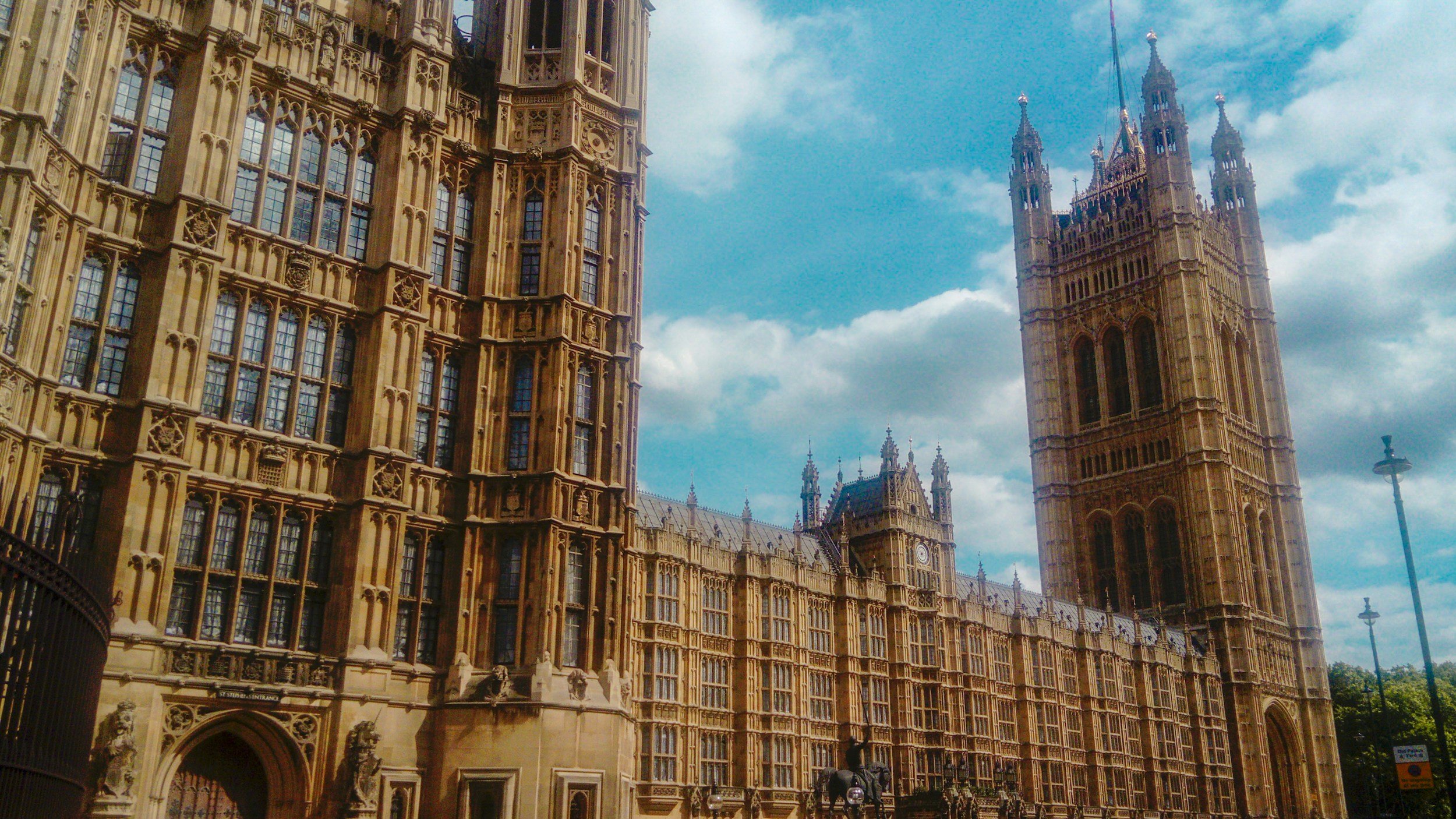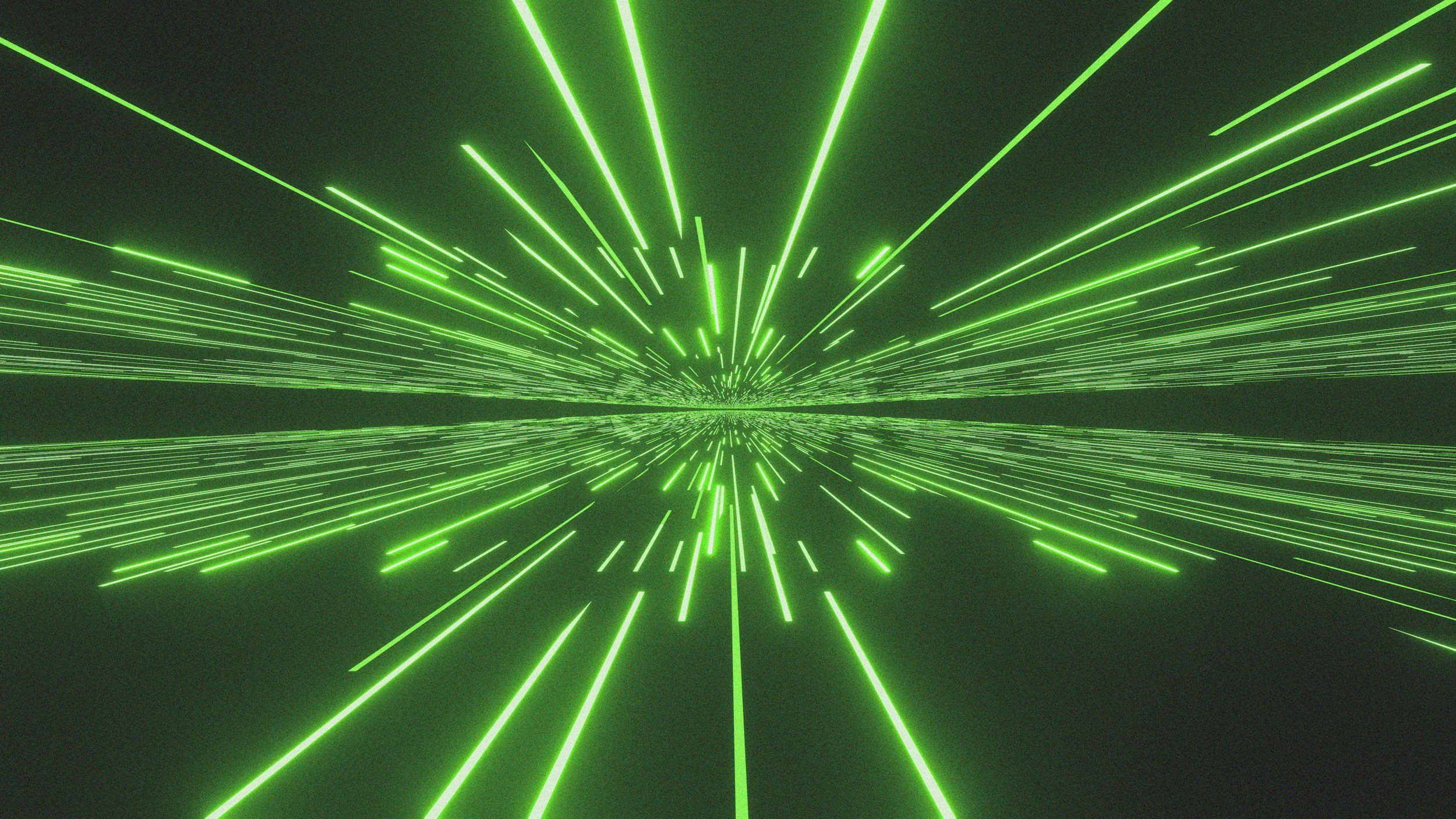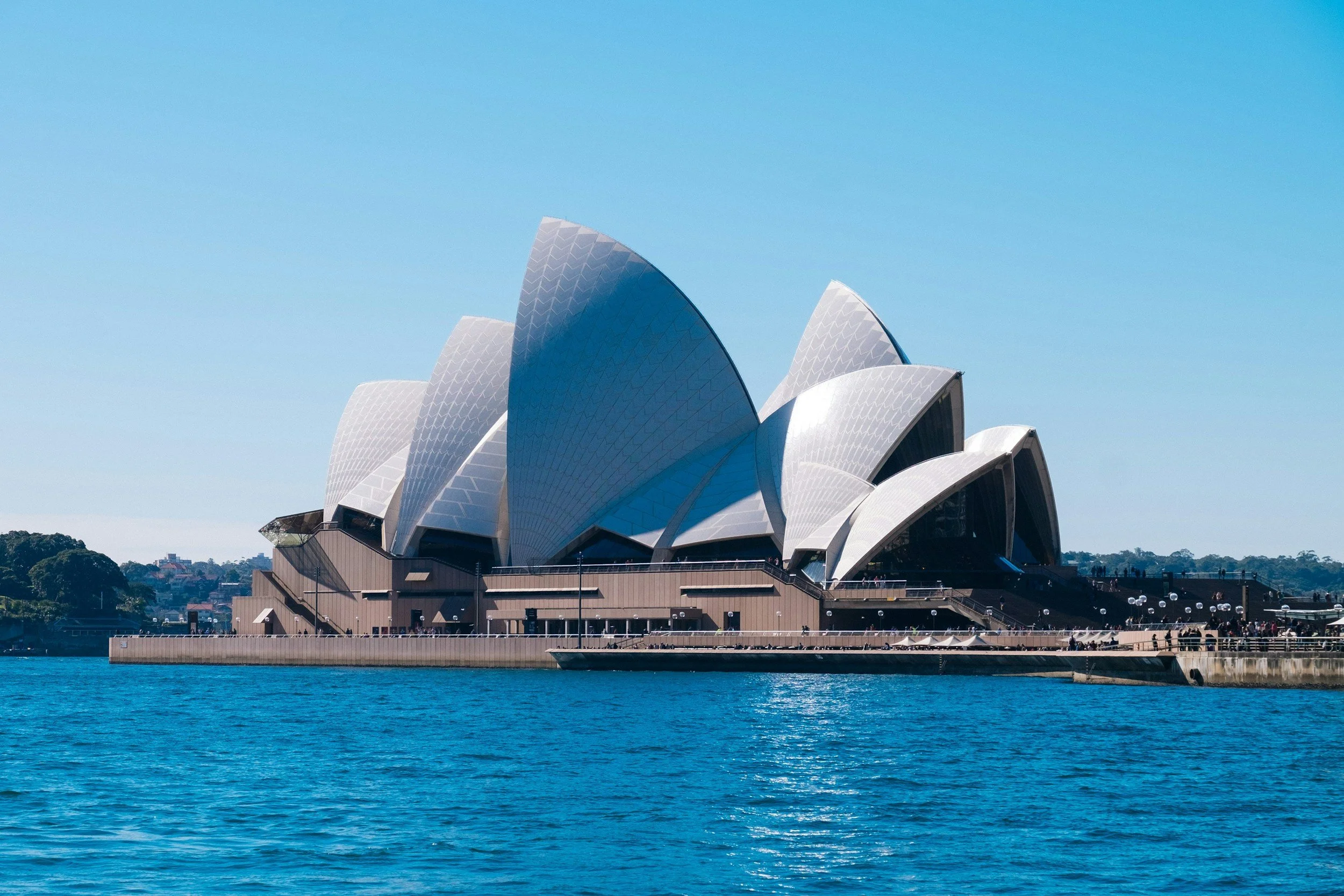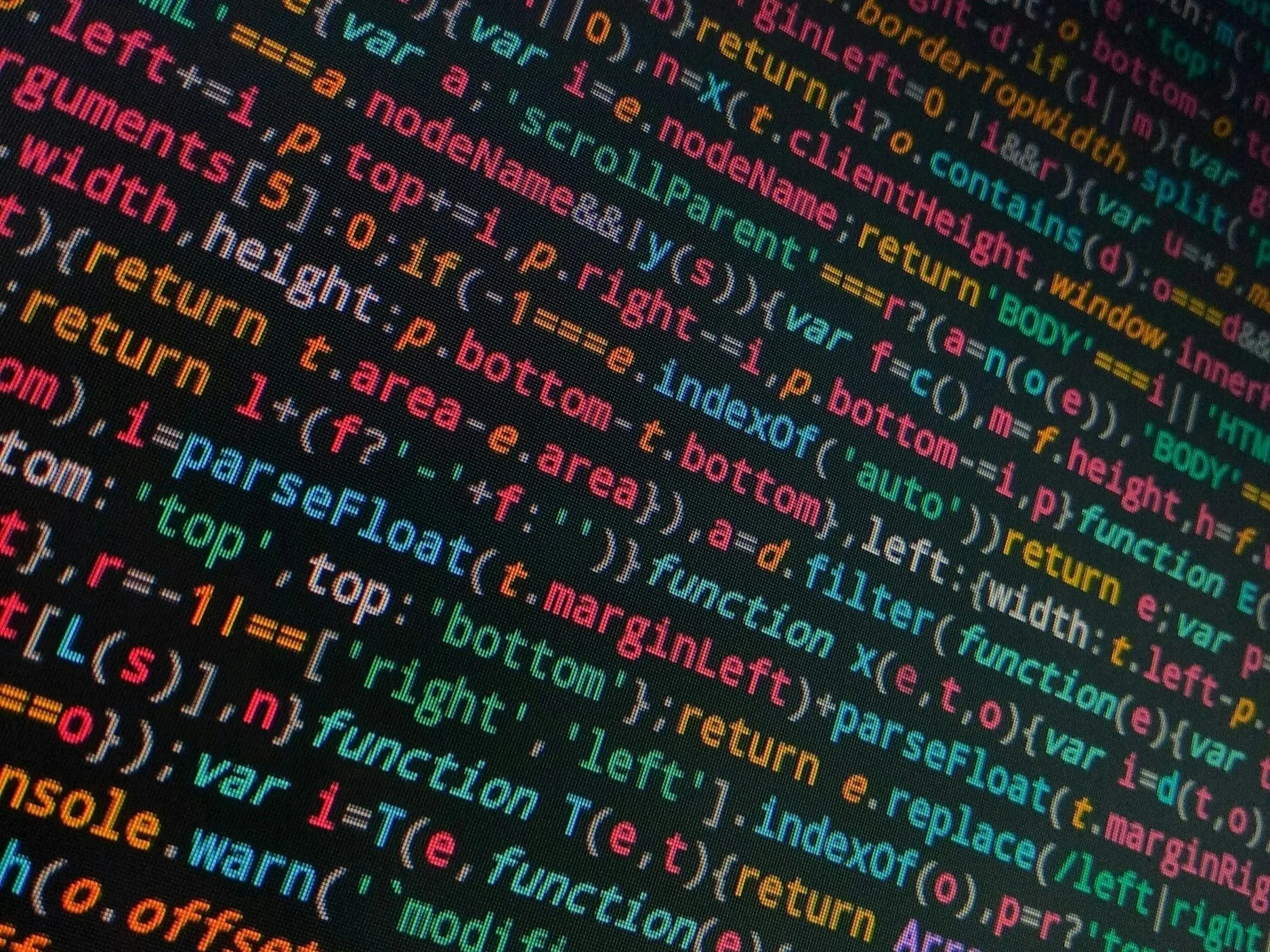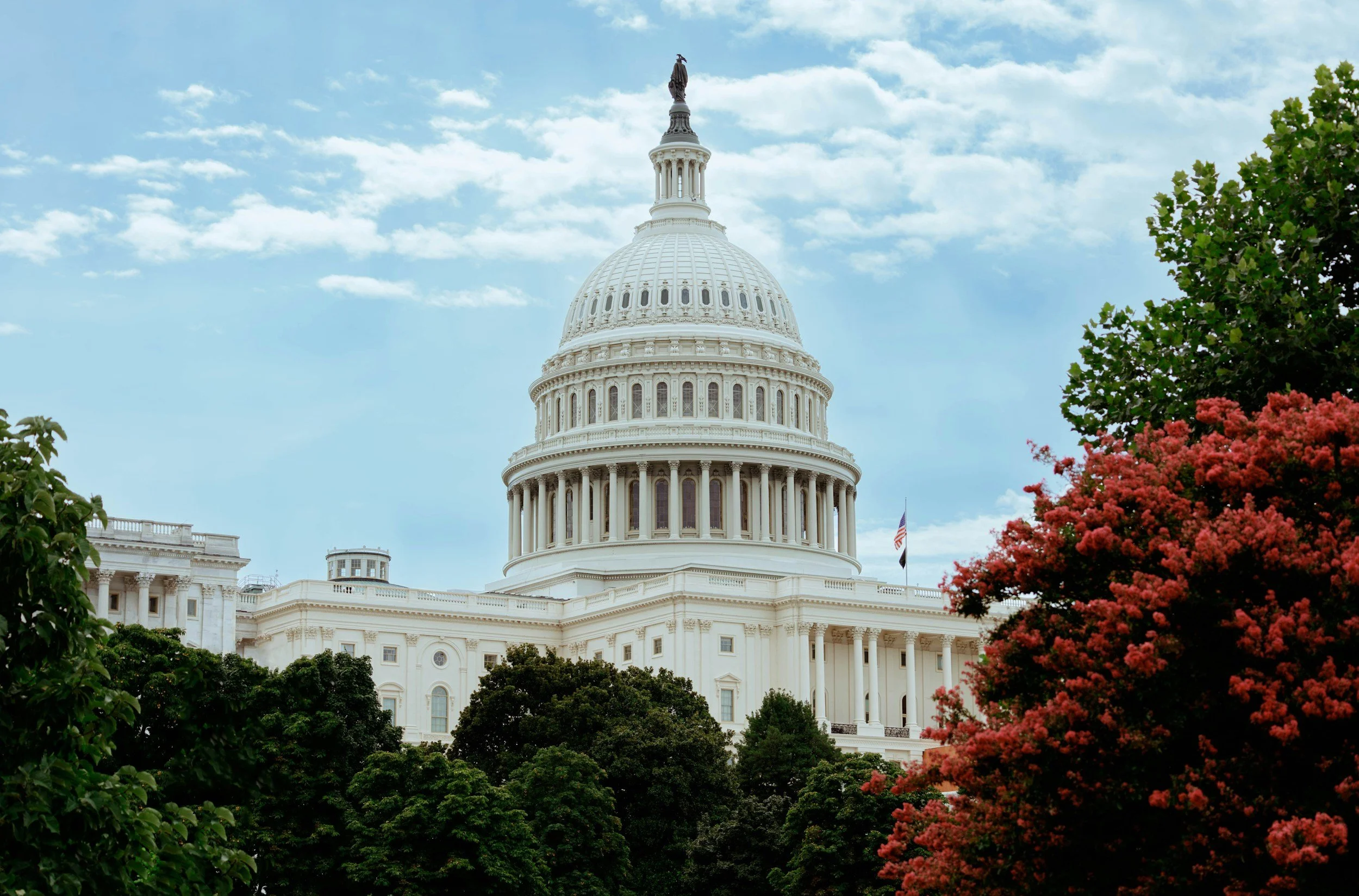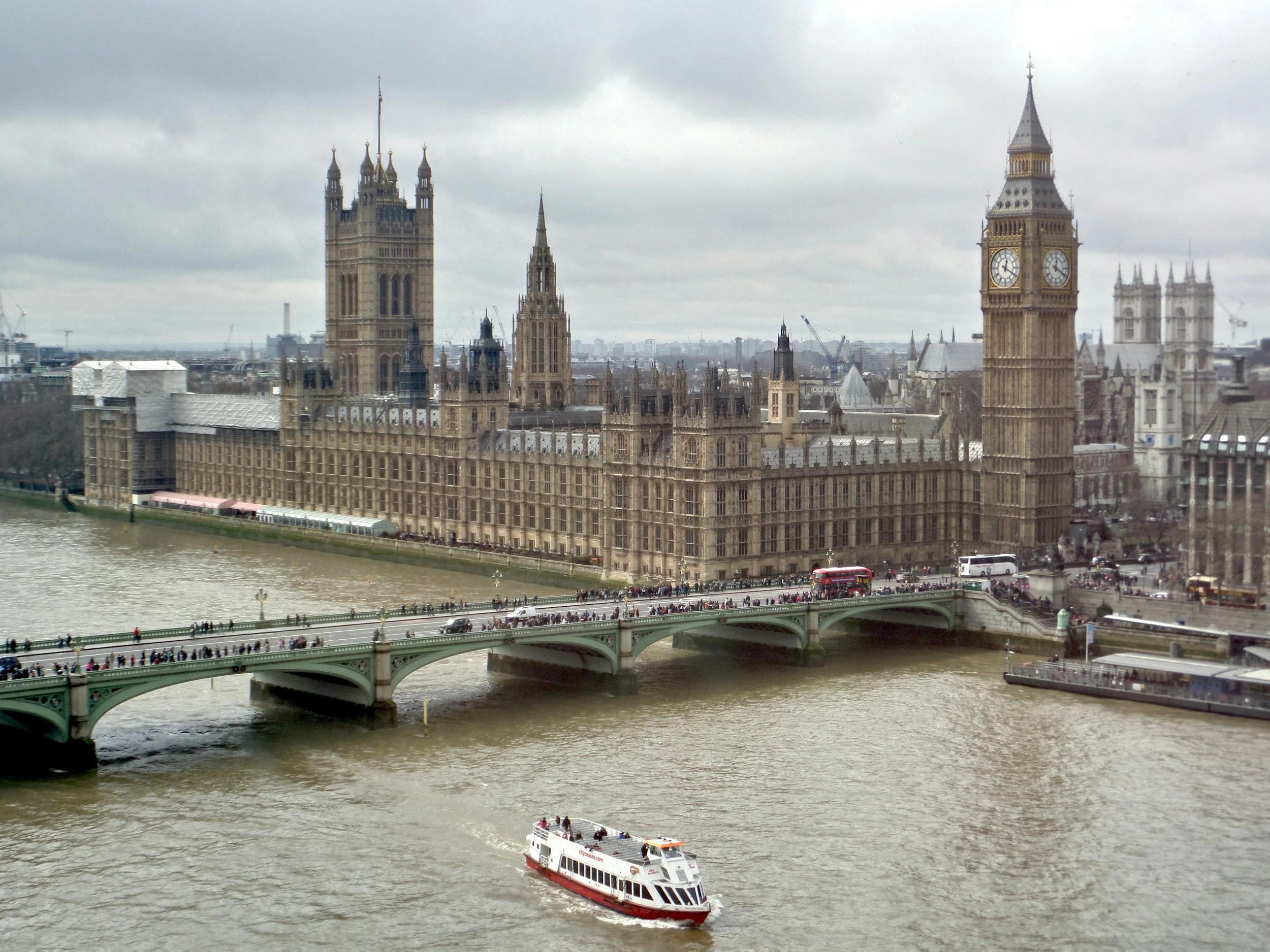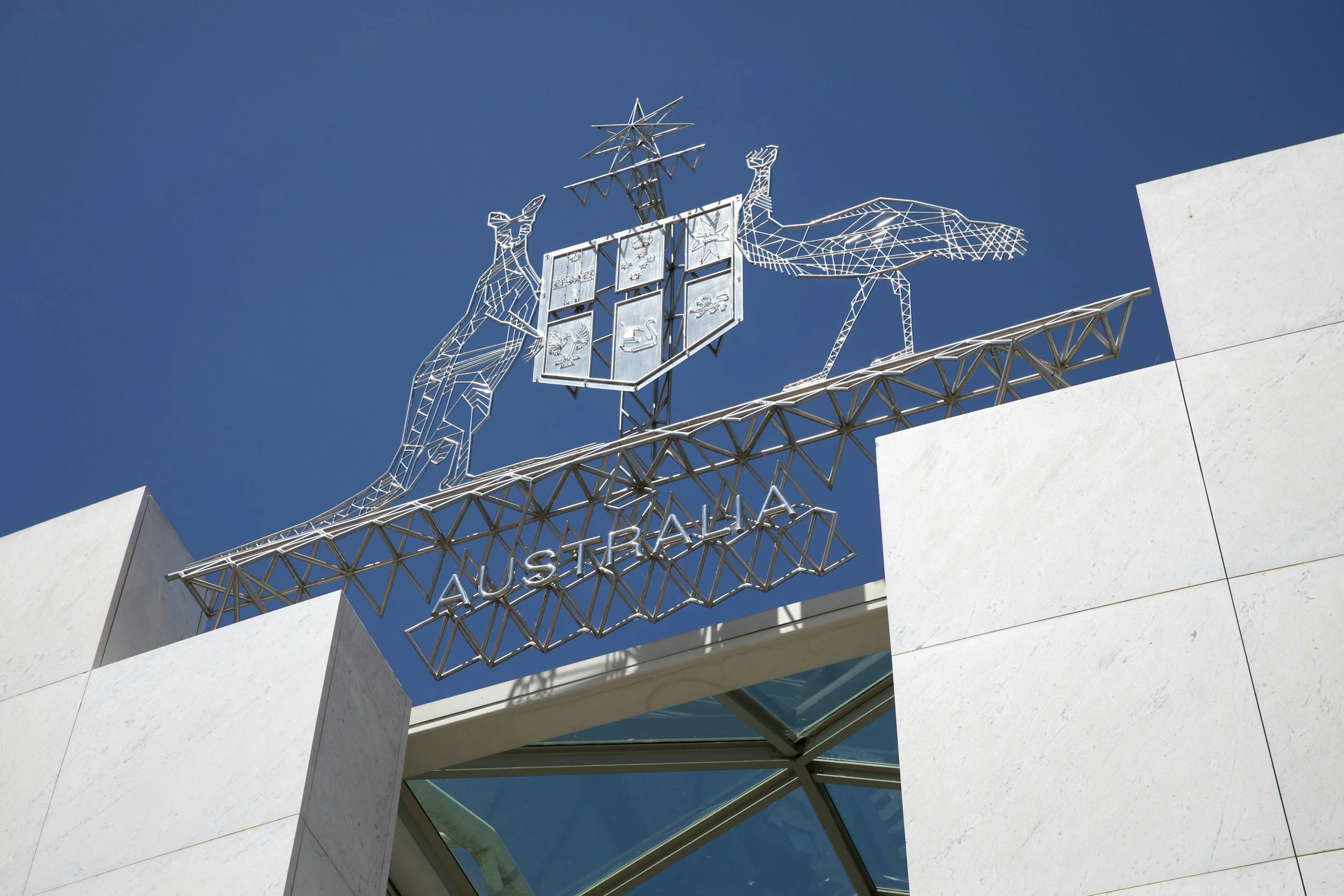UK Artists Call for Stronger Copyright Protections in AI Law as Data Bill Faces Parliamentary Debate

Image Credit: Conny Schneider | Splash
On May 10, 2025, over 400 UK artists, musicians, and creative industry figures—including Elton John, Dua Lipa, Paul McCartney, and Coldplay—signed an open letter to Labour leader Keir Starmer, urging stronger copyright protections against the unauthorized use of their work in artificial intelligence systems. The letter calls for an amendment to the Data (Use and Access) Bill, which would require AI developers to disclose specific copyrighted materials used in training their models. This effort highlights growing concerns about AI’s impact on the UK’s creative sector.
Data (Use and Access) Bill Overview
Introduced in October 2024, the Data (Use and Access) Bill seeks to update the UK’s data regulations, including rules relevant to AI development. An initial government proposal would have allowed AI companies to use copyrighted material for training generative AI models without explicit permission from creators, prompting strong backlash from the creative community. Responding to criticism, Technology Secretary Peter Kyle announced on May 1, 2025, that the government is reviewing four potential policy options: maintaining current laws, requiring licenses, allowing use without opt-outs, or mandating transparency from AI firms.
Details of the Artists’ Letter
Organized by Baroness Beeban Kidron, the open letter includes high-profile signatories such as Ian McKellen, Kate Bush, Florence Welch, and representatives from the Royal Shakespeare Company. The letter stresses that copyright supports 2.4 million UK jobs and warns that insufficient legal protection for creative works could threaten the broader creative economy. The signatories endorse an amendment, proposed by Kidron, which would require AI developers to disclose all copyrighted works used in training their models. This amendment passed the House of Lords on May 12, 2025, by a vote of 272 to 125. However, the House of Commons subsequently rejected the specific amendment. Debates over the final provisions continue as the bill progresses through Parliament.
Creative Concerns Over AI Use
Generative AI models require large datasets, often including copyrighted music, literature, and art, raising widespread concerns about unauthorized usage. Artists and organizations have described this as a new form of copyright infringement. Paul McCartney and Elton John have both publicly urged the government to put safeguards in place to protect creators' rights as AI technologies advance. Many in the creative sector worry that the UK’s ambition to lead in AI innovation could prioritize the interests of technology firms over those of artists and creators.
Government and Industry Reactions
In response to these concerns, the government has proposed an amendment committing to an economic impact assessment of the bill’s copyright provisions and the publication of transparency reports. However, Baroness Kidron and the Liberal Democrats, who support stronger enforcement of copyright compliance, argue that these measures are insufficient. Some industry experts, including Julia Willemyns, have cautioned that overly strict copyright rules could hinder AI innovation and the UK’s competitiveness in this sector. The government is currently reviewing over 13,000 responses from a public consultation on AI and copyright, which closed on February 25, 2025, to help shape its policy.
Artists’ Protests and Public Support
In February 2025, over 1,000 artists—including Kate Bush and Cat Stevens—released a symbolic “silent album” on Spotify, with track titles spelling out a protest against legalizing the use of music for AI training without consent. This action highlights growing fears of weakened copyright laws in the UK. Public sentiment on social media platforms such as X (formerly Twitter) indicates strong support for greater transparency in AI training data. Nevertheless, the government has not fully addressed these concerns to the satisfaction of many in the creative industries, which continue to play a vital role in the UK’s global cultural standing.
Legislative Progress
As of May 25, 2025, the Data (Use and Access) Bill remains under review. The House of Commons is expected to revisit the amendments proposed by the Lords in the coming weeks. The government has not yet released a full response to the February 2025 consultation, underscoring the complexity of balancing AI innovation with the protection of creative rights. The outcome of these legislative discussions will have significant implications for UK AI regulation and the future of the creative economy.

We are a leading AI-focused digital news platform, combining AI-generated reporting with human editorial oversight. By aggregating and synthesizing the latest developments in AI — spanning innovation, technology, ethics, policy and business — we deliver timely, accurate and thought-provoking content.










